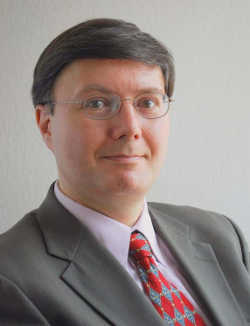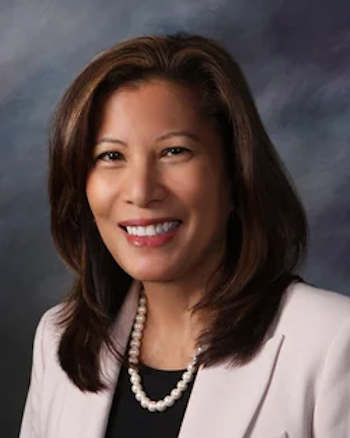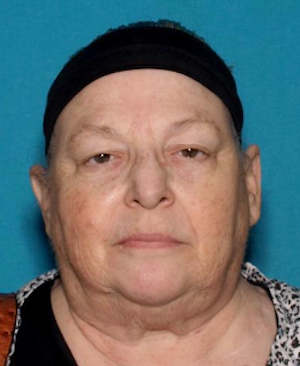- DENNIS FORDHAM
- Posted On
Estate Planning: Nominations of executors, trustees and agents

Wills, trusts, powers of attorney and advance health care directives all appoint persons to act in a fiduciary (legal representative) capacity.
What do such appointments mean to the person(s) named to act? What happens if such persons fail or decline to act? Can the planning appoint alternative representatives?
A will nominates someone to act as executor upon the death of the testator (will maker). Many people think that their being named as executor makes them executor. Not so. A will only nominates someone to act as executor. A person named as executor does not have to accept the nomination in the will.
A petition to a court for a court order appointing an executor and letters testamentary signed by the appointed executor are necessary for the named person to become executor.
An executor is an officer of the court with fiduciary duties, authority and powers to act as personal representative of the decedent’s estate.
With a small estate it is not necessary to appoint an executor because alternative simplified approaches mean that probate is usually not necessary.
If a person declines or fails to accept the position of executor in a probate matter then an alternative person can request appointment. Persons nominated in the will as alternatives have priority but others can also petition to be appointed as executor too, if necessary.
A trust appoints someone to act as successor trustee upon the death or incapacity of the settlor. The appointment, however, is not effective unless and until the appointee accepts their appointment.
This is usually done by the successor trustee signing an acceptance of the trustee, but can also occur by the successor trustee taking action on behalf of the trust exercising their representative authority as successor trustee.
Of course, a person named as successor trustee does not have to accept the nomination. Once a person accepts to become trustee the person as trustee has an affirmative fiduciary duty to manage the assets and affairs of the trust. That is, the person cannot simply ignore their responsibilities (not perform) after they accept appointment as trustee.
If a person declines or fails to accept the position of successor trustee then an alternative person can step in. Persons nominated in the trust have priority. A trust may also provide a mechanism for the selection and appointment of alternative successor trustees. Otherwise, a court petition to appoint a successor trustee becomes necessary.
A power of attorney nominates a person to act as an agent (“attorney in fact”) to manage the finances, property, and legal affairs of the principal (signor of the power of attorney). An agent, similarly, has no affirmative duty to act as agent. However, once the agent first starts to act they become legally responsible for their actions.
An advance health care directive appoints a person to act as agent for healthcare decisions of the principal (signor of the AHCD). An agent under an AHCD has no affirmative duty to act as agent simply because they are named in the ACHD. However, once the agent acts as agent they become legally responsible for their actions.
If none of the persons nominated to act as agent under a person’s power of attorney or advance health care directive, as relevant, accept appointment then it is often necessary for a conservator of the person’s estate and/or person to be appointed by the court.
This entails a petition for appointment of a conservator which involves an investigation of the situation and persons involved.
It may also be contested by the person who is to be conserved (due to the lack of an alternative approach) or by family members who dispute the need for a conservatorship or the appointment of the person requesting appointment as conservator.
Before accepting their appointment, anyone nominated to act in any legal representative capacity, in any of the ways discussed above, should first consider whether they are ready to assume such responsibilities.
The foregoing is not legal advice. Anyone confronting the issue of protecting and preserving the assets of a decedent’s estate should seek appropriate legal and investment counsel before proceeding.
Dennis A. Fordham, attorney, is a State Bar-Certified Specialist in estate planning, probate and trust law. His office is at 870 S. Main St., Lakeport, Calif. He can be reached at This email address is being protected from spambots. You need JavaScript enabled to view it. and 707-263-3235.



































